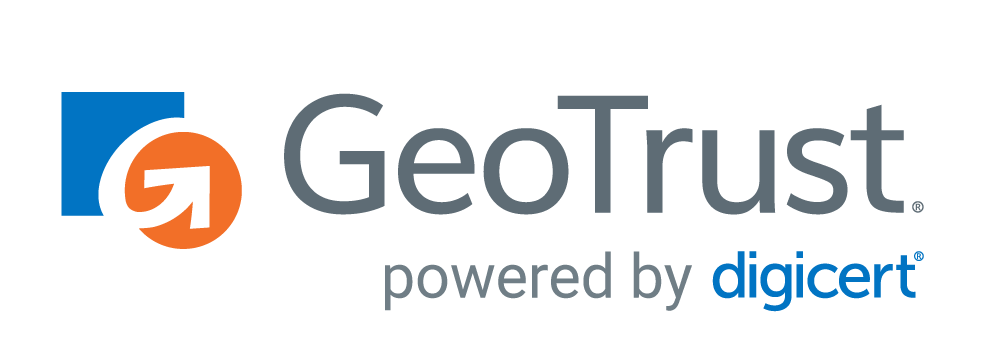SSL Certificates

Lightning-fast DV option w/standard 128/256-bit encryption compatible with 99.9% of browsers.
RapidSSL
Starting at:
RapidSSL Wildcard
Starting at:

GeoTrust QuickSSL Premium
Starting at:
GeoTrust QuickSSL Premium Wildcard
Starting at:
GeoTrust True BusinessID
Starting at:
GeoTrust True Business ID with EV
Starting at:
GeoTrust True Business ID Wildcard
Starting at:

DigiCert delivers certificate management and security solutions to the majority of the Global 2000.
DigiCert Secure Site
Starting at:
DigiCert Secure Site Pro
Starting at:
DigiCert Secure Site EV
Starting at:
DigiCert Secure Site Pro EV
Starting at:
Frequently Asked Questions
SSL (Secure Sockets Layer) is a security technology that encrypts the data exchanged between your website and its visitors. It ensures that sensitive information—like passwords, credit card numbers, and personal details—remains private and protected from hackers or malicious actors. When an SSL certificate is installed on your site, users will see the padlock icon in their browser’s address bar, along with “https://” in the URL, indicating a secure connection. SSL is essential not only for protecting user data but also for building trust and improving your site’s search engine ranking.
An SSL certificate plays an important role in website security, but it’s not a complete defense against all types of hacking. What it does is encrypt the data transmitted between your website and its visitors, making it much harder for attackers to intercept or tamper with sensitive information like login credentials, credit card numbers, or personal details. This helps protect against man-in-the-middle attacks and eavesdropping. However, while SSL adds a crucial layer of protection, it should be used alongside other security measures—like firewalls, malware scanning, secure passwords, and software updates—to fully safeguard your website from hacking threats.
An SSL certificate provides several key benefits for your website. First and foremost, it encrypts data transferred between your site and its visitors, protecting sensitive information like login credentials, payment details, and personal data. This security builds trust with your audience—visitors are more likely to engage with a site that displays the padlock icon and uses “https.” Additionally, search engines like Google favor secure sites, so having an SSL can boost your SEO rankings. SSL certificates also help prevent data tampering and phishing attacks, making them essential for any website that values security and credibility.
Yes, having an SSL certificate can positively impact your domain authority. Search engines like Google prioritize secure websites in their rankings, and using HTTPS (enabled by SSL) is a known ranking signal in Google’s algorithm. While SSL alone won’t guarantee a high domain authority, it contributes to your site’s overall trustworthiness and credibility—both of which are important factors in search engine optimization (SEO). Additionally, visitors are more likely to engage with and link to a secure site, which can further boost your domain authority over time.


Do You Need A New Website?
We’re proud to partner with The Web Design Hub to bring you high-quality, professional web development services. Get A Quote Today!
